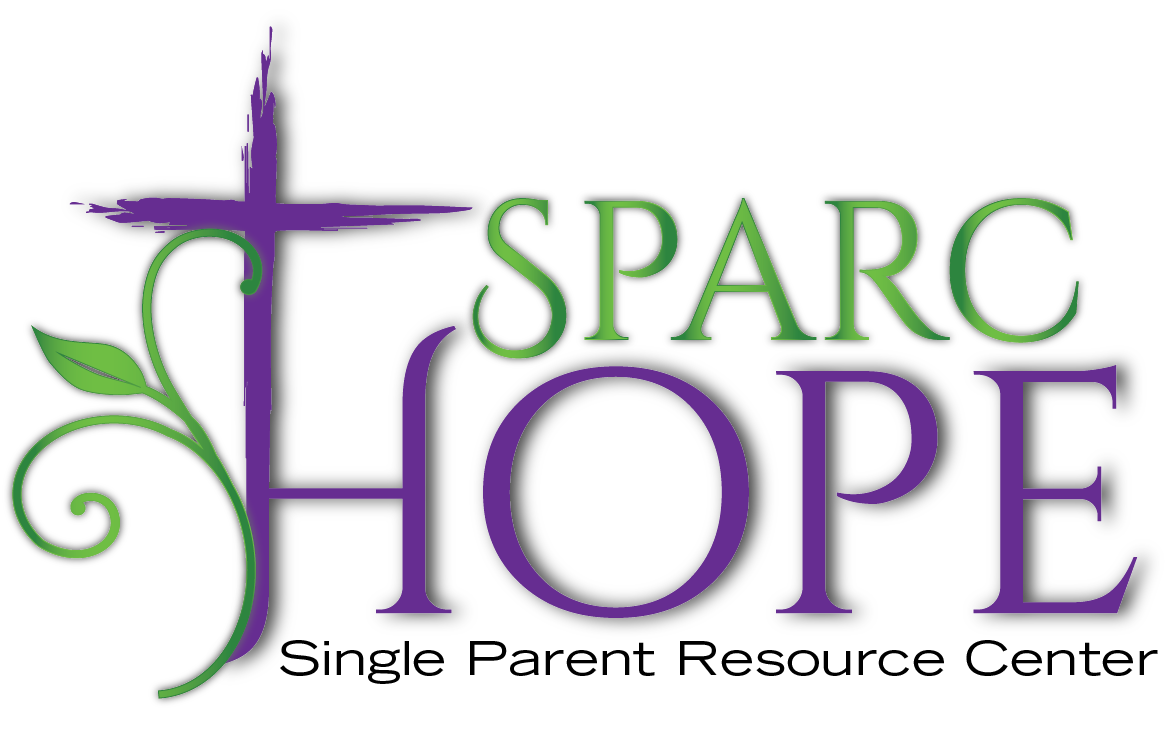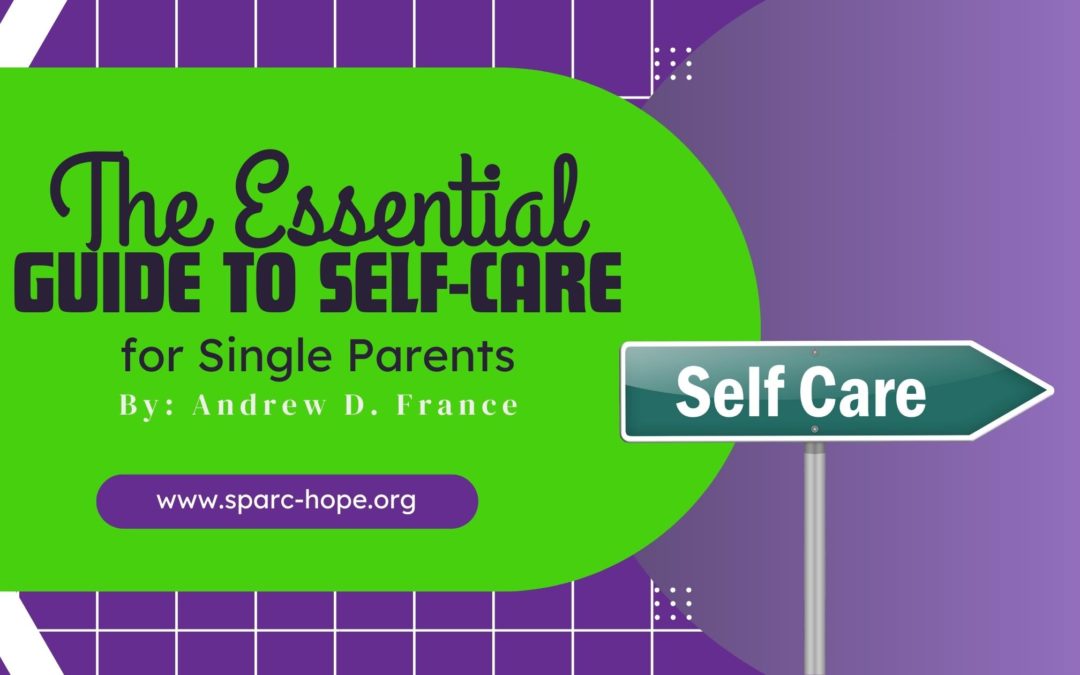The Essential Guide to Self-Care for Single Parents
By: Andrew D. France
Parenting can be a lot, especially for single parents who have to balance several responsibilities. Nevertheless, skipping out on self-care might result in burnout and impair your ability to be the best parent possible for your children. In this blog, we will examine the value of self-care for single parents, the telltale signs that it’s time to reflect on your wellbeing, and useful techniques for developing a self-care routine.
Why Self-care?
Being a single parent has a unique set of difficulties, so it’s important for both you and your children’s wellbeing that you look after yourself. It is not uncommon for single parents to prioritize their children’s needs above their own, often overlooking essential aspects of self-care, such as attending to their emotional well-being. However, neglecting even one component of self-care can lead to increased stress, emotional fatigue, and potential negative consequences in various areas of life. Self-care doesn’t mean being self-indulgent; it means making sure you have the stamina, emotional fortitude, and inner fortitude to be the best parent you can be. Knowing when to take care of yourself is essential, because neglecting self-care can result in consequences.
What Is Self-Care?
Self-care is a holistic approach to nurturing oneself, encompassing various aspects of life to ensure peak performance and well-being. For single parents, it becomes even more critical to attend to their needs effectively. Let’s explore the three fundamental categories of self-care that are essential for single parents:
Physical self-care:
Quality Sleep for Rejuvenation:
Adequate sleep is the foundation of physical self-care. As a single parent, it might be tempting to sacrifice sleep to tackle endless to-do lists, but this can lead to exhaustion and decreased productivity. Make sleep a priority by establishing a consistent bedtime routine and creating a soothing sleep environment. Aim for 7-9 hours of sleep per night to wake up refreshed and ready to take on the day.
Balanced Nutrition for Energy:
Eating well is crucial for maintaining energy levels and overall health. As a single parent, it’s easy to resort to quick, unhealthy meals. Instead, focus on incorporating a variety of fruits, vegetables, lean proteins, and whole grains into your diet. Meal planning and prepping can help you make healthier choices even during busy days.
Regular Exercise for Physical and Mental Well-being:
Exercise is not only beneficial for your physical health but also plays a significant role in boosting your mood and reducing stress. Incorporate physical activity into your routine, even if it’s just a 15-minute walk or a short workout session at home. Find activities you enjoy, such as dancing, yoga, or hiking, to make exercise an enjoyable part of your day.
Emotional Self-Care:
Taking care of one’s emotional needs is one of the most important parts of self-care for single parents. The duties of being a single parent can be a lot to handle, and if mental stresses aren’t dealt with, it can lead to burnout and emotional exhaustion. A single parent who neglects their emotional health may find it harder and harder to manage the demands of parenting as well as other facets of their life, such as job and relationships.
Journaling for Self-Expression:
The power of words can be therapeutic. Consider keeping a journal where you can freely express your thoughts and emotions. Journaling provides a safe space to vent, reflect on your journey, and gain valuable insights into your feelings. Write without judgment or inhibition, allowing your emotions to flow freely onto the pages.
Engaging in Creative Pursuits:
Nurture your soul by indulging in creative outlets that bring you joy. Whether it’s painting, playing a musical instrument, or crafting, engaging in creative pursuits can be a therapeutic escape from daily stressors. Allow yourself the freedom to explore your creative side, and witness how it uplifts your spirits.
Reaching Out for Support:
As a single parent, you may sometimes feel overwhelmed by the weight of responsibility. Remember, it’s okay to ask for help and seek emotional support. Connect with friends, family, or support groups to share your feelings and experiences. Surround yourself with understanding and empathetic individuals who can offer a listening ear and words of encouragement.
Embracing Self-Compassion:
Practice self-compassion by treating yourself with the same kindness you would offer a dear friend. Acknowledge that being a single parent comes with its challenges, and it’s okay to have difficult moments. Be gentle with yourself, and remember that you are doing the best you can in your unique circumstances.
Relational self-care:
Cultivate Quality Time with Loved Ones:
Make an effort to spend quality time with your loved ones, including family and close friends. Engaging in meaningful conversations, creating shared experiences, and fostering a sense of belonging enriches your emotional connections and provides a valuable support system.
Join Parenting Support Groups:
Seek out local or online parenting support groups for single parents. These communities offer a safe space to share experiences, exchange advice, and find solidarity with others who understand the unique challenges you face. Joining such groups can provide a sense of belonging and reduce feelings of isolation.
Seek Professional Support if Needed:
In times of emotional challenges or personal growth, seeking professional support can be beneficial. Consider talking to a therapist or counselor who specializes in single-parenting issues. Professional guidance can help you navigate complexities and strengthen your relational skills.
The Effects of Neglecting Self-Care
Neglecting self-care can have far-reaching consequences for single parents. For instance, unmet emotional demands may lead to reduced productivity and difficulty focusing on work responsibilities. This lack of emotional well-being can also impact social interactions, resulting in feelings of loneliness and isolation, further adding to stress and emotional exhaustion.
Over time, neglecting self-care can take a toll on a single parent’s overall well-being and physical health. Prolonged stress and emotional exhaustion may manifest as physical issues like insomnia, headaches, and a weakened immune system, creating a cycle where declining physical health further compromises emotional well-being.
To break this cycle and lead a healthier, more balanced life, single parents can proactively prioritize self-care and understand its various components. Giving importance to physical self-care, such as getting enough sleep, maintaining a balanced diet, and engaging in regular exercise, can build the strength and stamina needed to tackle daily challenges.
Equally vital is emotional self-care, allowing single parents to better handle stress and emotional fatigue. Journaling, engaging in creative pursuits, and seeking emotional support contribute to building resilience and emotional well-being.
Nurturing meaningful relationships and seeking support from a network of friends and loved ones fall under relational self-care. Embracing self-compassion and spending quality time with loved ones can lead to increased happiness and resilience for single parents.
By recognizing the significance of self-care and taking proactive measures to prioritize it, single parents can navigate the challenges of parenthood more effectively, leading to a fulfilling and balanced life for both them and their children.
OTHER WAYS TO CONNECT
We hope you enjoyed this guide for self-care. What are your thoughts on the subject? Please connect with us on Facebook and Instagram and let us know!
If you would like to learn more about upcoming events, sign up to receive our quarterly newsletter here.
Check out some of our other blog posts here, for tips and tricks for single parents, budget hacks, inspiration and more information about what we do here at SPARC Hope.

